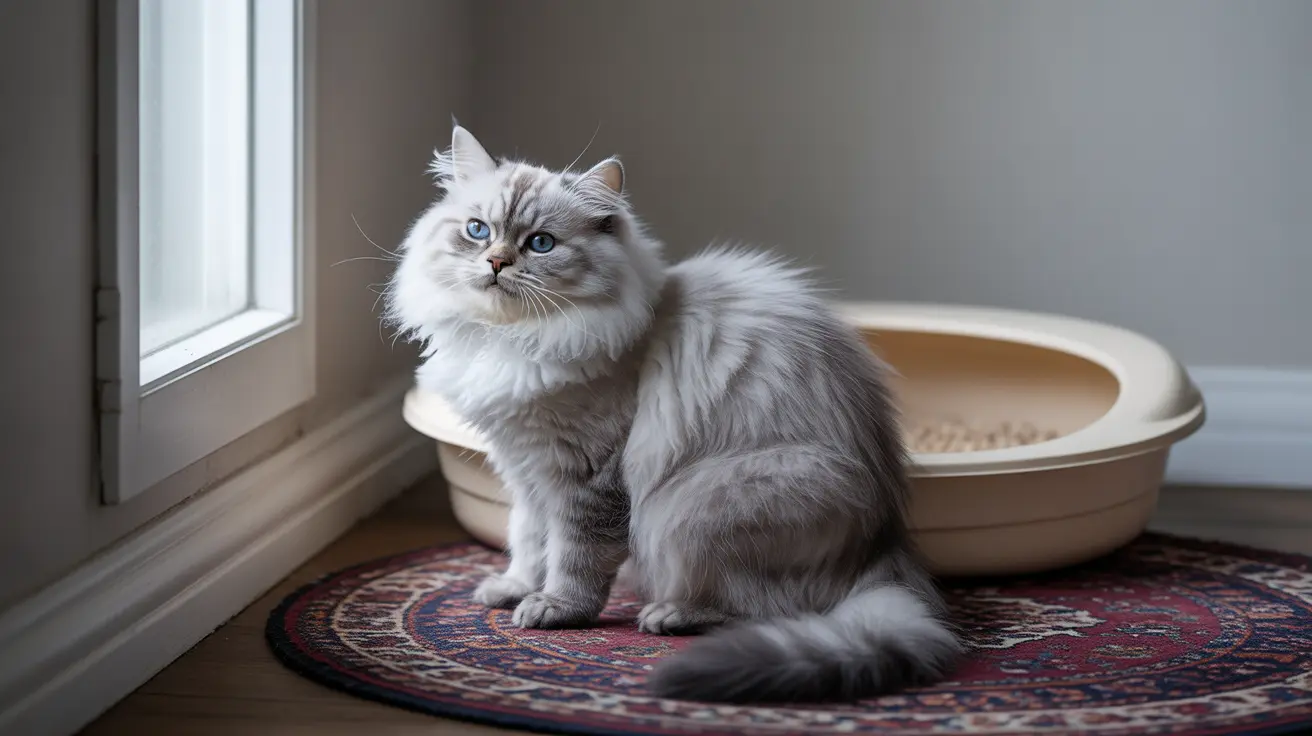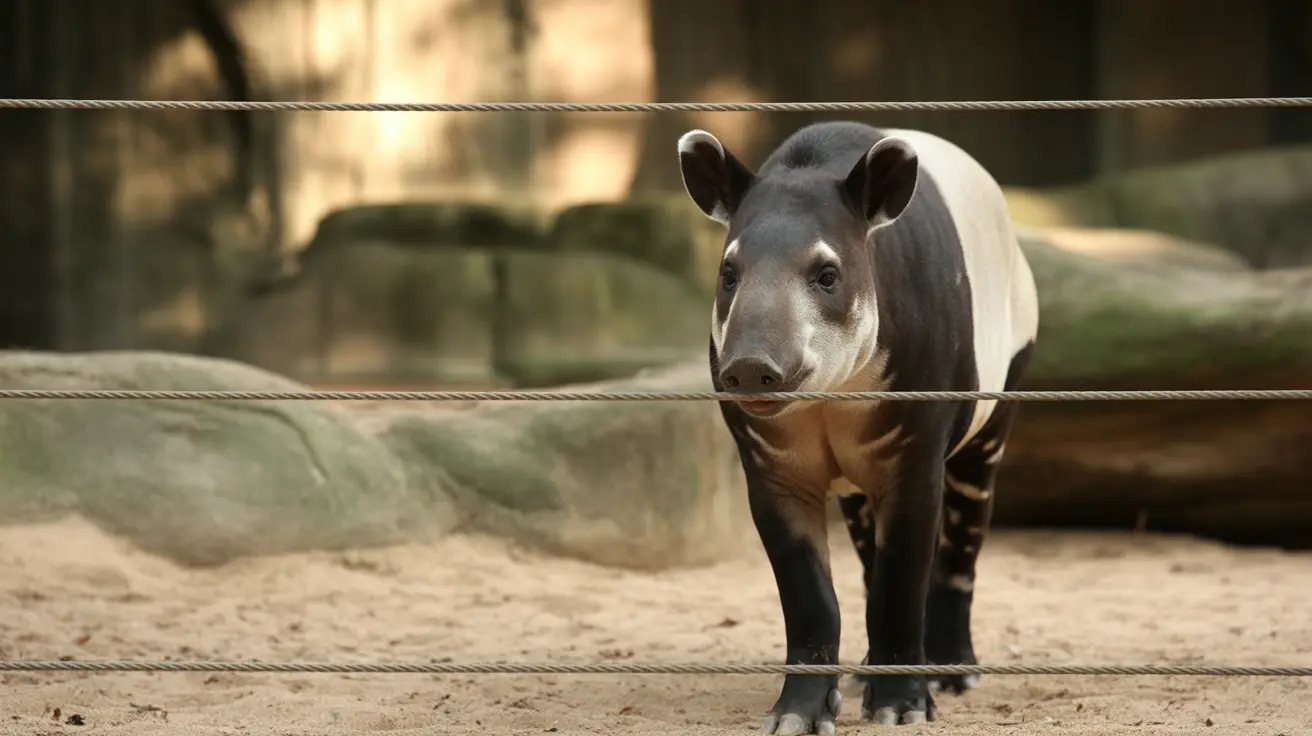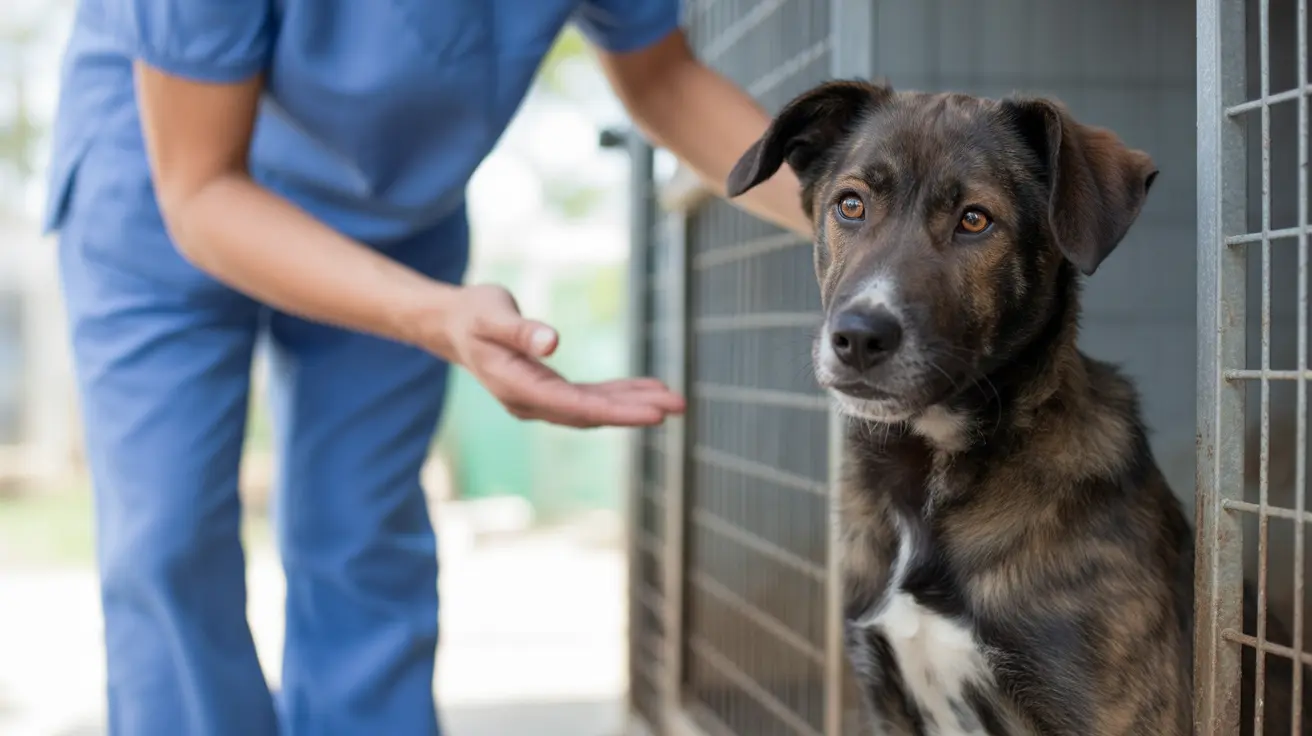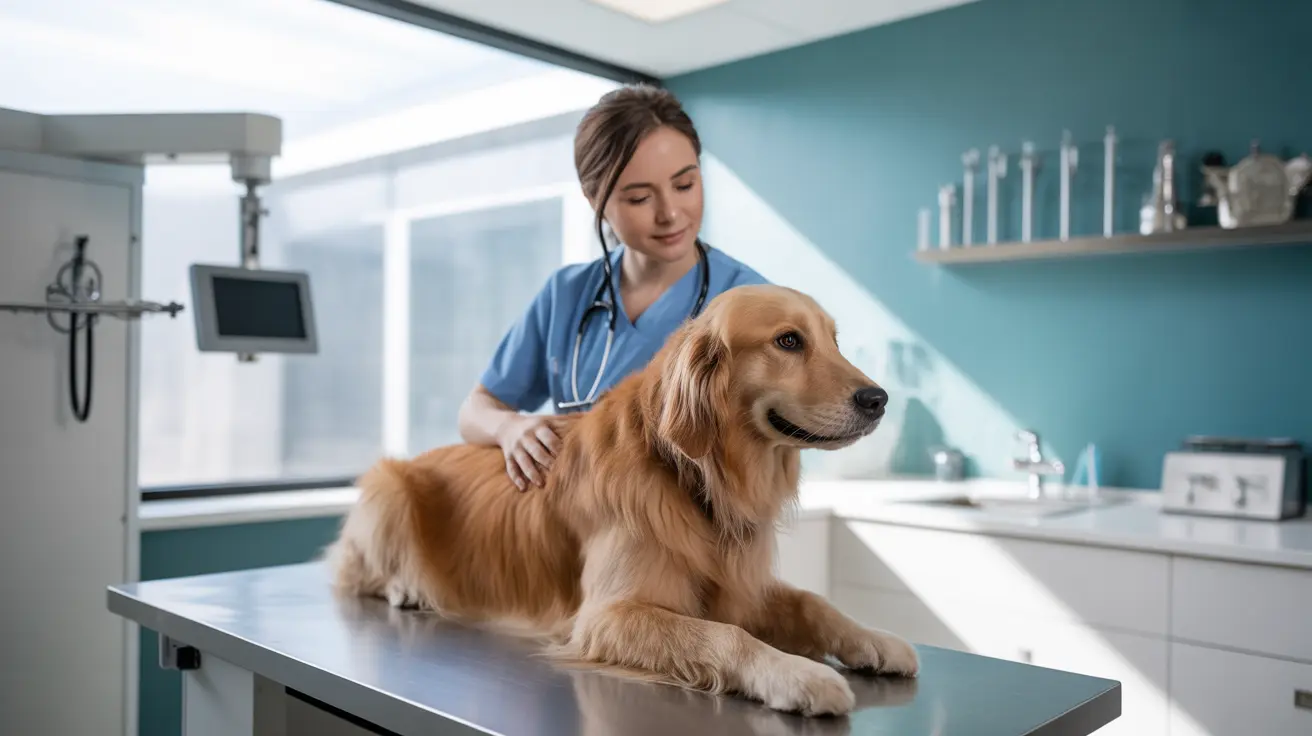When your feline friend experiences difficulty with regular bowel movements, it can be a sign of cat constipation—a common yet potentially serious health issue that affects cats of all ages. Understanding this condition is crucial for maintaining optimal cat digestive health and ensuring your pet's overall well-being.
Cat constipation occurs when a cat struggles to defecate or passes unusually hard, dry stools. While occasional constipation might seem minor, if left untreated, it can progress to more severe conditions such as obstipation or megacolon. Early recognition and appropriate intervention are essential for preventing these complications and maintaining your cat's digestive health.
Identifying Signs of Cat Constipation
Recognizing the warning signs of constipation in cats is the first step toward resolving the problem before it escalates. Cats tend to hide their discomfort, so paying attention to subtle changes in their behavior and litter box routines is vital.
- Straining in the Litter Box: Your cat may make repeated attempts to defecate with little or no success. You may notice them spending a long time in the litter box, often leaving without producing any stool.
- Visible Discomfort: Look for signs of pain or distress during attempted bowel movements, such as vocalizing, crouching, or excessive grooming around the rear.
- Changes in Litter Box Habits: Some cats may reduce their visits or entirely avoid the litter box due to negative associations with discomfort while defecating.
- Hard, Dry Stools: When present, their feces will appear smaller, harder, and drier than usual, making them more difficult to pass.
- Behavioral Changes: Constipated cats might show decreased appetite, increased lethargy, or a reduction in grooming habits, all of which are indicators of discomfort or underlying health issues.
Common Causes of Cat Constipation
Dehydration and Dietary Factors
Dehydration in cats is one of the primary causes of constipation. Since cats naturally have a low thirst drive, especially when fed primarily dry food, they are at risk of developing harder stools that are difficult to pass. Diets that are low in fiber can also lead to irregular bowel movements by reducing stool bulk and slowing transit through the colon.
Environmental Stressors
Environmental factors have a significant impact on a cat's digestive system. Changes in routine, moving to a new home, or introducing new household members or pets can all be sources of stress. This stress may cause a cat to alter its normal behaviors, including its bathroom habits, and can contribute to constipation. Keeping their environment stable, calm, and enriched with familiar objects can help minimize digestive issues linked to stress.
Treatment Options for Constipated Cats
Immediate Relief Strategies
If you notice your cat is not pooping regularly, early intervention can prevent progression to more serious conditions. Here are some effective strategies for providing immediate relief:
- Increasing water intake: Encourage your cat to drink more water by offering wet food, using cat water fountains, or flavoring water with a small amount of tuna juice or broth.
- Adding fiber-rich supplements: Supplementing their diet with fiber, such as canned pumpkin or specially formulated products, can help soften stools and promote regularity.
- Gentle exercise: Regular physical activity stimulates intestinal movement, making it easier for your cat to defecate. Engage your cat with playtime toys or interactive games.
- Professional veterinary intervention: If home strategies do not provide relief or your cat shows signs of pain or distress, a veterinarian may recommend enemas, laxatives, or manual stool removal in more severe cases.
Long-term Management
For cats suffering from chronic constipation, a combination of lifestyle and medical strategies is often needed to maintain digestive health:
- Switching to high fiber cat food: Specialized diets are available to increase stool bulk and minimize the risk of future episodes.
- Implementing hydration strategies: Consistent access to clean, fresh water and the incorporation of wet food can significantly reduce the risk of constipation over time.
- Regular exercise routines: Encouraging daily play and physical activity supports digestive motility.
- Medication as prescribed by a veterinarian: For persistent cases, your vet may prescribe stool softeners or prokinetic agents to aid in regular defecation.
Prevention Strategies
Preventing constipation is always better than treating it after the fact. By taking proactive steps, you can support your cat’s digestive health and comfort. Key prevention strategies include:
- Maintaining proper hydration: Ensure your cat always has access to clean, fresh water and consider wet food as part of their diet.
- Providing a balanced diet with adequate fiber: Consult your veterinarian for advice on the best commercial food or supplements suited to your cat's needs.
- Regular veterinary check-ups: Routine health assessments can detect problems before they develop into serious issues.
- Keeping the litter box clean and accessible: Regular cleaning and placement in a quiet, private area encourages healthy bathroom habits.
- Monitoring bowel movements: Keep track of frequency, stool appearance, and any changes in behavior to spot problems early.
Frequently Asked Questions
What is cat constipation? Cat constipation is when a cat has difficulty passing stools or does not defecate regularly. This can manifest as infrequent bowel movements, or the passage of hard, dry stools that are uncomfortable for your pet.
What are common signs of constipation in cats? Signs include infrequent or strained defecation, hard stools, and visible discomfort in the litter box. Behavioral changes, such as decreased appetite or lethargy, can also occur.
What causes constipation in cats? Common causes are dehydration, low fiber intake, obesity, lack of exercise, and stressful changes in environment. Medical conditions or certain medications can also play a role.
How can I help a constipated cat at home? Increase your cat's water intake, offer fiber-rich foods, and encourage them to be more active. However, always consult your vet before trying new treatments at home to ensure your cat's safety.
When should I take my cat to the vet for constipation? If your cat’s constipation lasts more than 48 hours or is accompanied by signs of pain, loss of appetite, or vomiting, seek veterinary assistance promptly.
Are there safe home remedies for cat constipation? Mild cases may improve with extra hydration or a slight adjustment in fiber intake, such as offering a small amount of plain canned pumpkin. However, it is important to discuss all remedies with your veterinarian for proper guidance.
Can stress cause constipation in cats? Yes, stress can disrupt normal digestive function and lead to episodes of constipation. Supporting your cat’s emotional well-being is just as important as addressing physical health.
What treatments do vets recommend for constipated cats? Veterinary treatment may include prescription diets, stool softeners, laxatives, enemas, or fluids for severe constipation. The appropriate treatment will depend on the underlying cause and severity of the problem.
How can I prevent constipation in my cat? Provide fresh water daily, offer a nutritionally balanced diet with adequate fiber, schedule regular play and exercise, and maintain a clean litter box environment.
Is constipation dangerous for cats? Yes, untreated constipation can become a severe medical issue, potentially resulting in conditions like megacolon, which may require intensive veterinary intervention or even surgery.
What foods help relieve constipation in cats? Wet food, high-fiber diets, and certain vet-recommended supplements like canned pumpkin can be beneficial for relief. Always consult your vet before changing your cat’s diet.
Understanding and addressing cat constipation is essential for maintaining your pet's health and happiness. By staying vigilant for symptoms, providing proper nutrition and hydration, and seeking timely veterinary care when needed, you can help ensure your cat maintains healthy bowel function and overall well-being.






